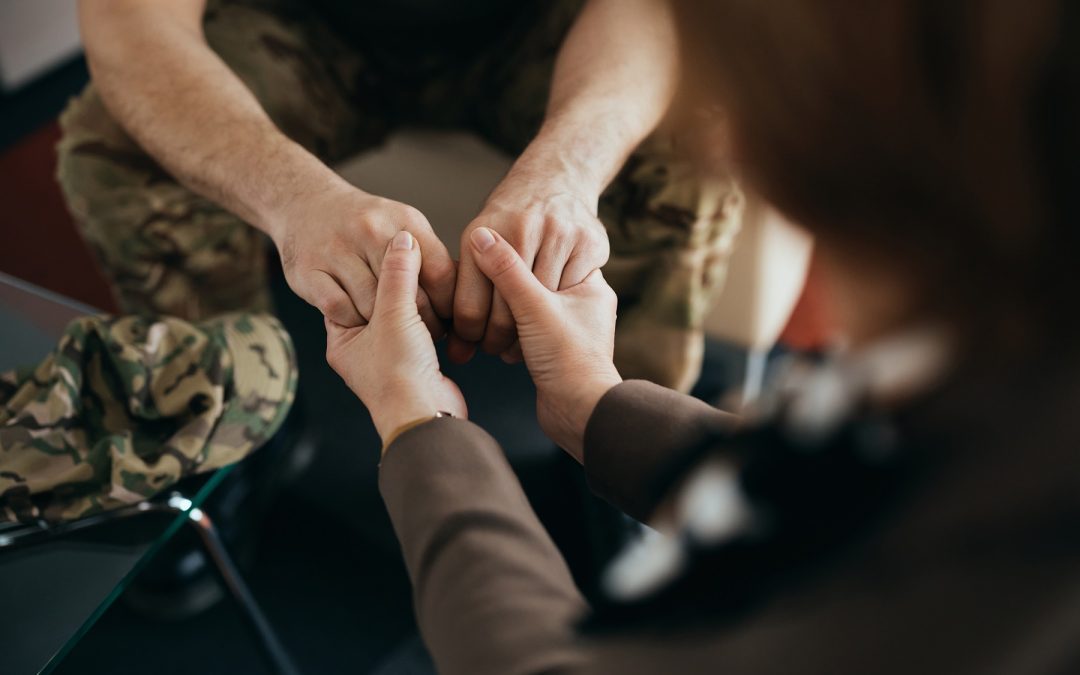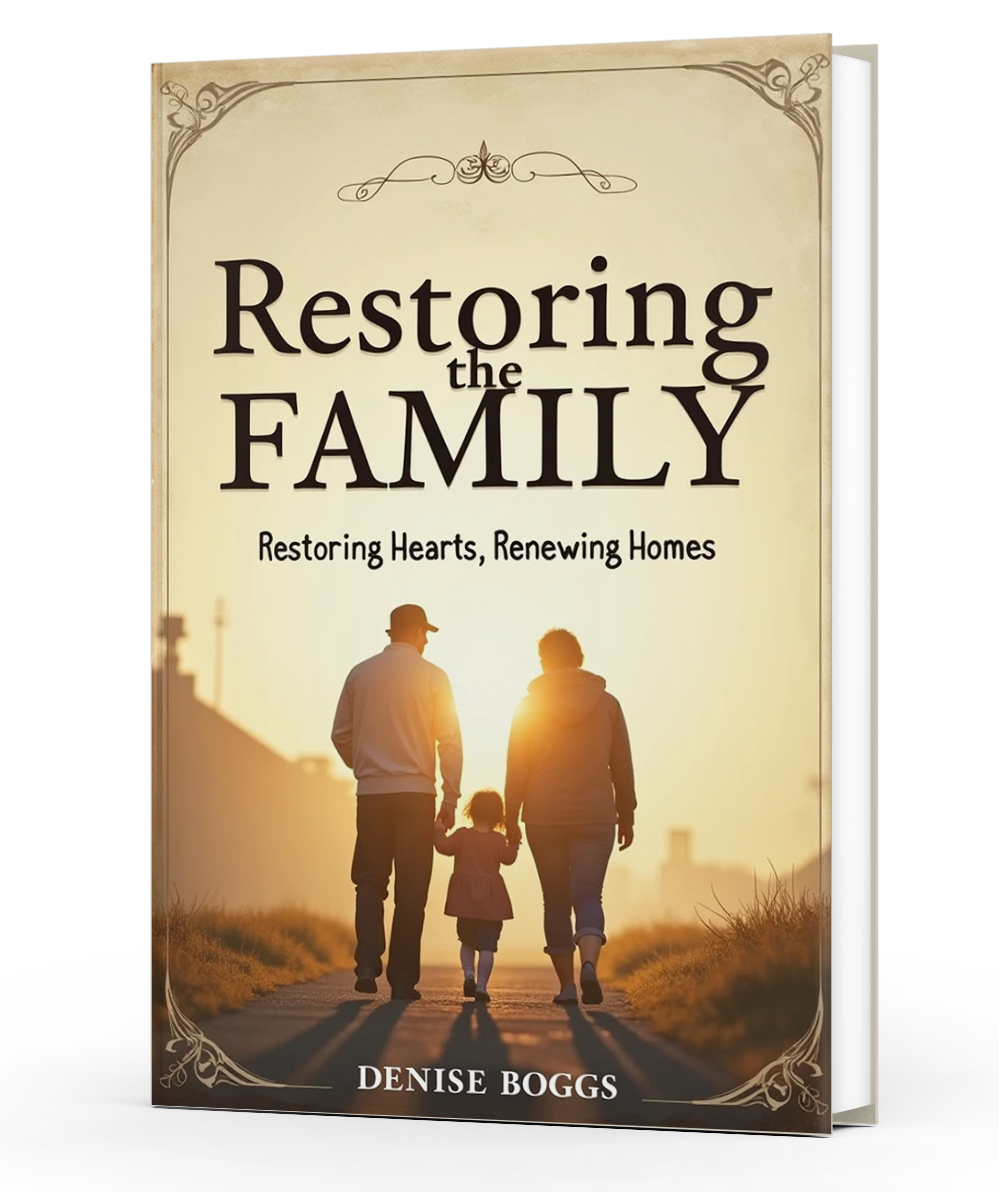Table of Contents:
- Understanding the Challenges of Returning Home
- Rebuilding Trust and Connection
- Creating a New Family Identity
- Incorporating Faith and Prayer in Family Life
- FAQs
Introduction
The transition from military service back to family life is often more challenging than expected. Veterans return home carrying the weight of experiences that their families may not fully understand, and family members have also adapted in their absence. These factors can create a sense of disconnection and strain, making reintegration difficult. However, through intentional steps and faith-based strategies, veterans and their families can navigate this transition and restore their relationships. This article explores effective strategies for restoring families after military service, incorporating biblical guidance and practical tools.
- Understanding the Challenges of Returning Home
Reintegrating into family life after military service is complex. Veterans often feel out of place and struggle to adjust to the slower pace of civilian life. At the same time, spouses and children may have grown accustomed to functioning independently, which can create emotional distance. Recognizing these challenges is crucial for moving forward.
Proverbs 24:3-4 says, “By wisdom a house is built, and through understanding it is established; through knowledge its rooms are filled with rare and beautiful treasures.” Understanding the unique struggles each family member faces is the first step toward creating a harmonious home.
- Rebuilding Trust and Connection
Trust may be eroded during long separations, especially if there were miscommunications or unresolved conflicts. Rebuilding trust requires transparency, honesty, and patience. Set aside time each week for family meetings where everyone can express their thoughts and feelings.
Ephesians 4:25 encourages, “Therefore each of you must put off falsehood and speak truthfully to your neighbor, for we are all members of one body.” Speak truthfully and lovingly, allowing trust to be rebuilt gradually.
- Creating a New Family Identity
Veterans often try to return to the family they left, but both they and their families have changed. Instead of trying to go back to what was, work on creating a new family identity together. Establish new traditions, routines, and roles that honor the changes everyone has experienced.
Isaiah 43:18-19 reminds us, “Forget the former things; do not dwell on the past. See, I am doing a new thing!” Embrace the new identity your family is building, focusing on what God is creating now.
- Incorporating Faith and Prayer in Family Life
Prayer is a powerful tool for restoring family relationships. Start a routine of family prayer, lifting up each other’s needs and asking for God’s guidance. Faith helps anchor the family, providing a sense of hope and purpose.
Philippians 4:6-7 encourages, “Do not be anxious about anything, but in every situation, by prayer and petition, with thanksgiving, present your requests to God.” As you incorporate prayer and faith into your family’s daily life, healing and restoration become possible.
FAQs
- What is the biggest challenge for families after military service?
The biggest challenge is often adjusting to the emotional and relational changes that occur during deployment. Veterans and families must work together to re-establish connection and trust. - How can veterans and families build a new family identity?
Focus on creating new traditions, roles, and routines that reflect the family’s growth and experiences. Celebrate the strengths each person brings to the family. - Is faith necessary for family restoration?
Faith provides hope, guidance, and a foundation for healing. While not mandatory, it greatly enhances the restoration process by bringing the family closer together. - What should families do if trust has been broken?
Begin by practicing honesty and transparency. Set small, achievable goals for rebuilding trust, and seek counseling if necessary.




